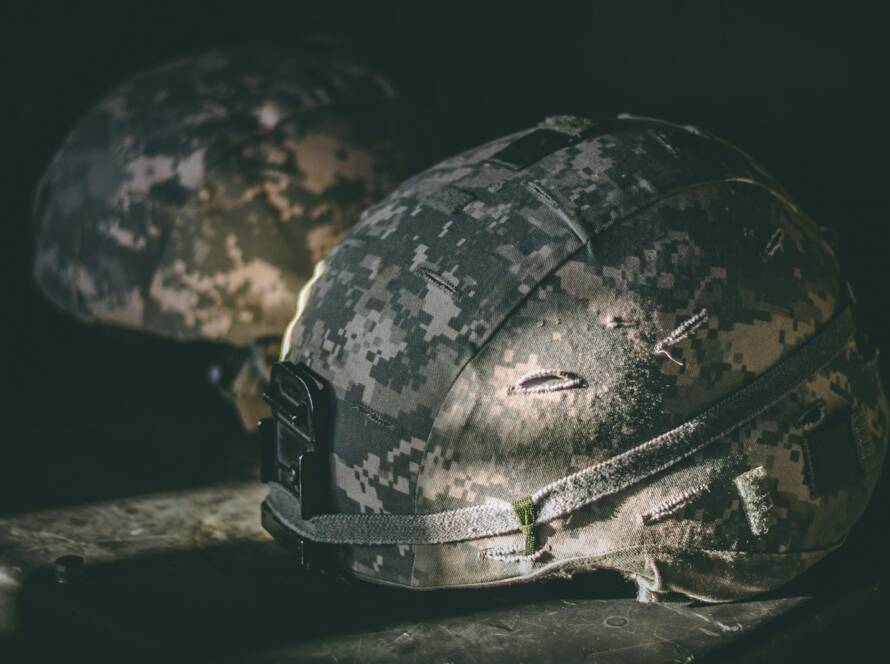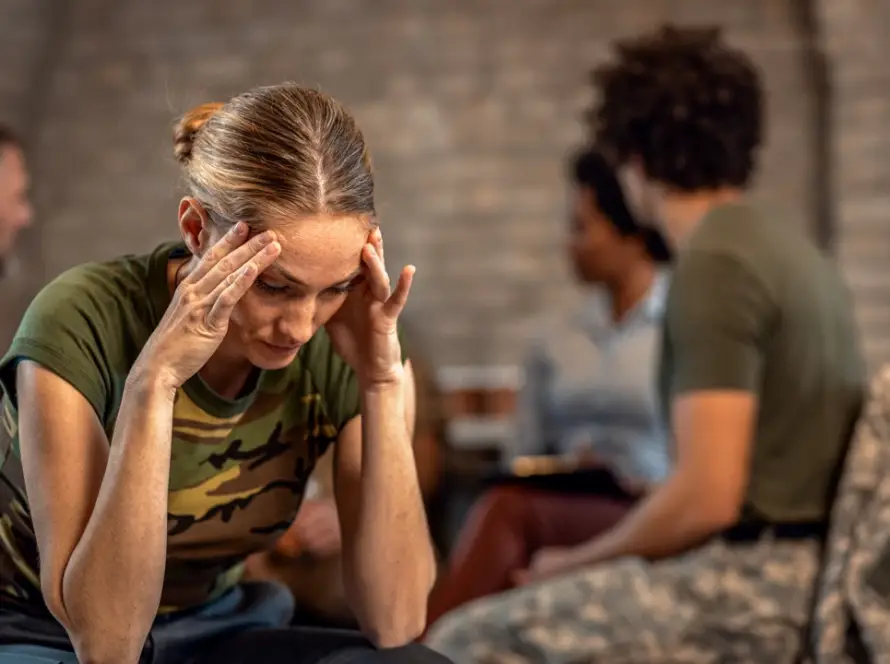First responders are often on the front lines of some of the most traumatic events imaginable, and their heroism is celebrated widely. Yet, underneath the valor and courage lies a stark reality: a high rate of post-traumatic stress disorder (PTSD) within this community. It is estimated that 30% of first responders develop behavioral health conditions, including depression and PTSD. Despite the prevalence, the stigma surrounding PTSD remains pervasive, leading many to view it as a sign of weakness or “brokenness.”
The Misconception of PTSD as Brokenness
The societal perception of PTSD often equates to a form of brokenness, seen as a flaw or failure rather than a natural response to extreme stress. This misconception is particularly damaging in the context of first responders, whose roles require mental and emotional resilience. The stigma stems from an outdated belief system that regards emotional struggle as a personal defect rather than a medical condition requiring empathy and treatment.
Real-Life Stories: Resilience in the Face of PTSD
John’s Journey
John, a firefighter with over two decades of service, began experiencing severe symptoms of PTSD after responding to a particularly devastating fire. Initially, he struggled with admitting his vulnerabilities, fearing that his colleagues would see him as weak. However, through therapy and support groups, John learned to manage his PTSD constructively. He shared his story with his team, which not only helped him but also encouraged others to seek help.
Sarah’s Strength
Sarah, a police officer, faced emotional numbness and hypervigilance after years on the force. She feared that discussing her mental health struggles would jeopardize her career. After connecting with a mental health professional who specialized in trauma, she gradually started opening up to her peers about her experiences. Her bravery in sharing her journey reduced the stigma within her department, fostering a culture of openness and support.
Measures Taken to Overcome PTSD and Tackle Stigma
Both John and Sarah took proactive steps to overcome PTSD, including:
- Seeking Professional Help: Therapy and counseling were crucial in helping them understand and cope with their symptoms.
- Building a Support Network: Engaging with peer support groups provided a safe space to share experiences and receive encouragement.
- Practicing Self-Care: Activities like mindfulness, exercise, and maintaining a healthy work-life balance played significant roles in their recovery.
By sharing their stories openly, they tackled stigmatization head-on, demonstrating that seeking help is a sign of strength, not weakness.
The Power of Open Dialogue
Open dialogue is essential in eradicating the stigma attached to PTSD. Encouraging conversations about mental health within the first responder community can lead to:
- Increased Awareness: Educating first responders about PTSD can demystify the condition and promote understanding.
- Reduced Isolation: Sharing experiences helps individuals feel less alone in their struggles, fostering a sense of community.
- Early Intervention: Open discussions can encourage individuals to seek help sooner, leading to better outcomes.
Supporting Those Struggling with PTSD
To support those who have struggled or are currently struggling with PTSD, consider these methods:
- Create Safe Spaces: Establish environments where first responders can discuss their mental health without fear of judgment.
- Provide Resources: Ensure access to mental health professionals, support groups, and educational materials.
- Promote Self-Care: Encourage activities that promote mental and physical well-being.
Resources for First Responders
Here are some valuable resources for first responders seeking help and support for PTSD:
- First Responder Support Network
- National Alliance on Mental Illness (NAMI)
- Safe Call Now
- National Volunteer Fire Council (NVFC) Share the Load Program
By breaking the silence and fostering a culture of openness and support, we can reduce the stigma surrounding PTSD among first responders. Remember, seeking help is a testament to strength, not an admission of defeat.



